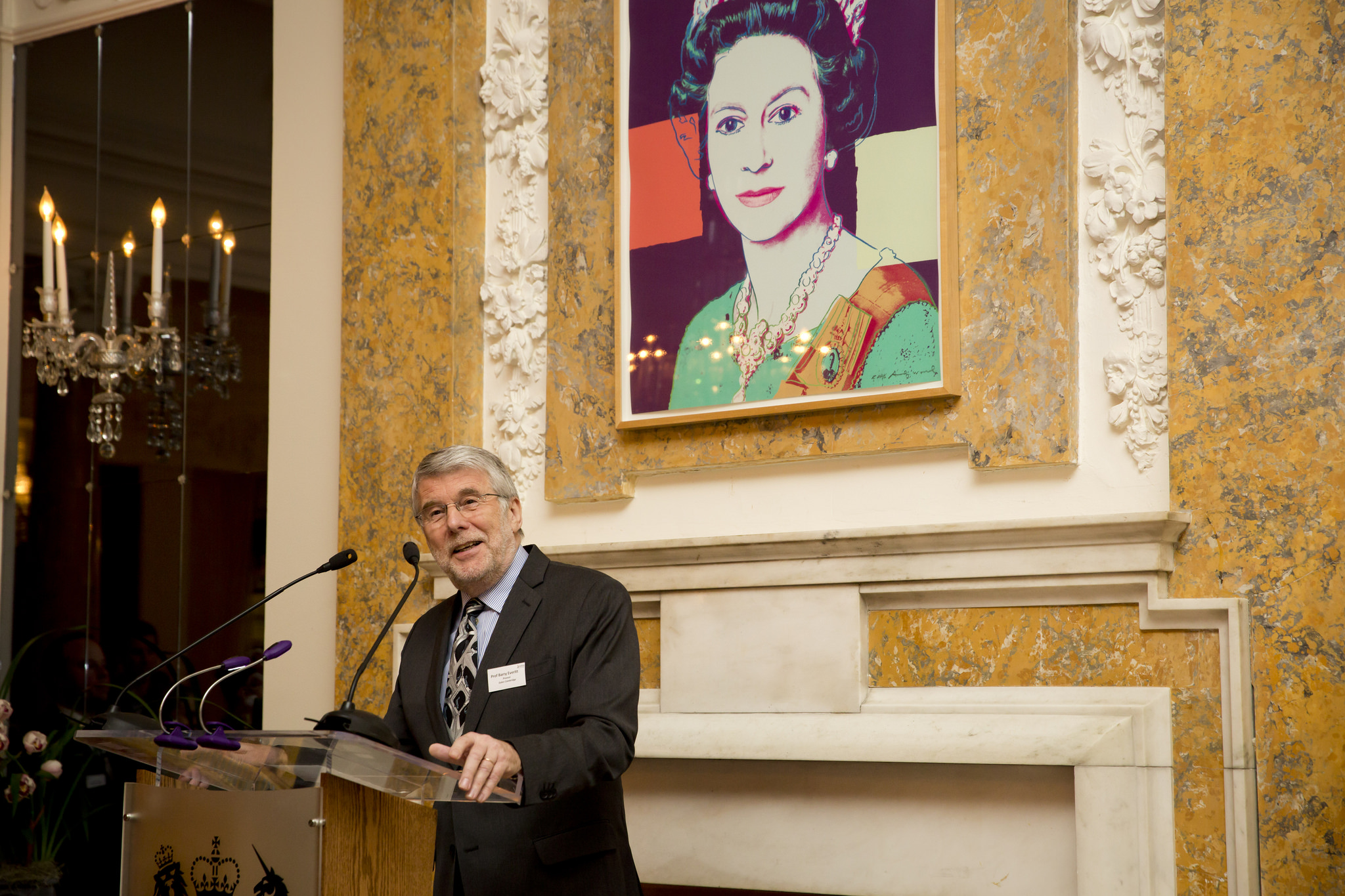
Professor Barry Everitt is awarded the Royal Society's Croonian Medal and Lecture for 2021
Gates Cambridge Provost Professor Barry Everitt has been selected for the Royal Society’s premier award in the biological sciences.
Professor Barry Everitt FMedSci FRS has been awarded the Croonian Medal and Lecture 2021 for his research on the application of his findings on brain mechanisms of motivation to important societal issues, such as drug addiction.
Professor Everitt will be awarded a medal at the Royal Society at a future date.
The Croonian lectureship was conceived by William Croone FRS, one of the original Fellows of the Royal Society. Among the papers left on his death in 1684 were plans to endow two lectureships, one at the Royal Society and the other at the Royal College of Physicians. His widow later bequeathed the means to carry out the scheme. The lecture series began in 1738. The medal is of silver gilt, is awarded annually and is accompanied by a gift of £10,000.
Past Croone lecturers at the Royal Society have included Nobel Prize winners Tim Hunt, Frederick Sanger and Max Perutz.
An emeritus Professor of Behavioural Neuroscience at the University of Cambridge who has been Provost of Gates Cambridge since 2013, Professor Everitt’s research is concerned with the neural and psychological mechanisms underlying learning, memory, motivation and reward especially related to drug addiction. A major research theme is the impact of learning on drug addiction – both its development and its persistence.
In October 2019 Professor Everitt, a former Master of Downing College, Cambridge, began his term as President of the Society for Neuroscience, the first President from outside North America in its 50 year history, at the beginning of the Society’s 50th anniversary year.












